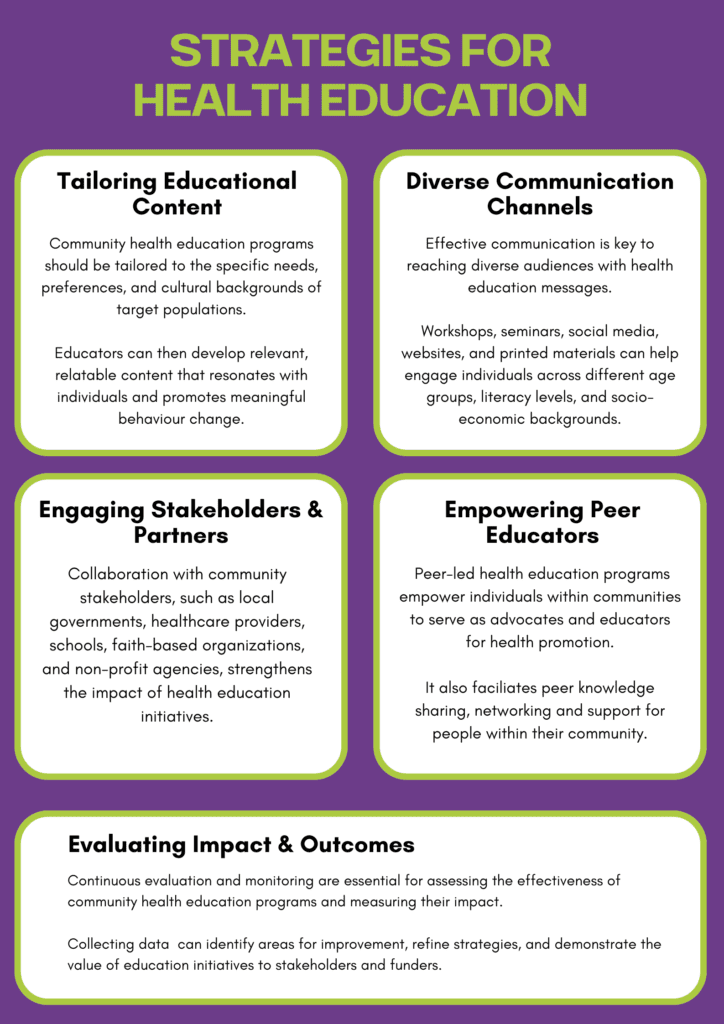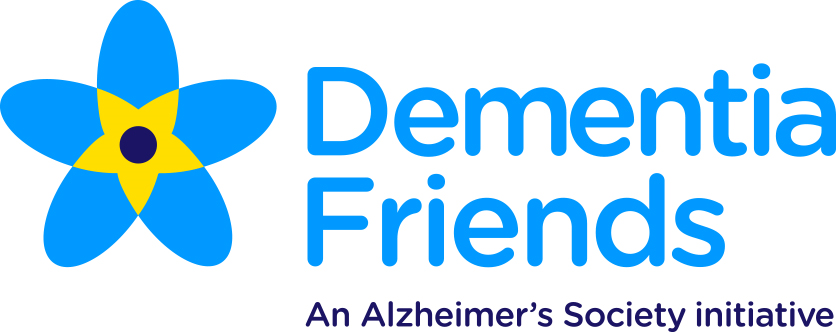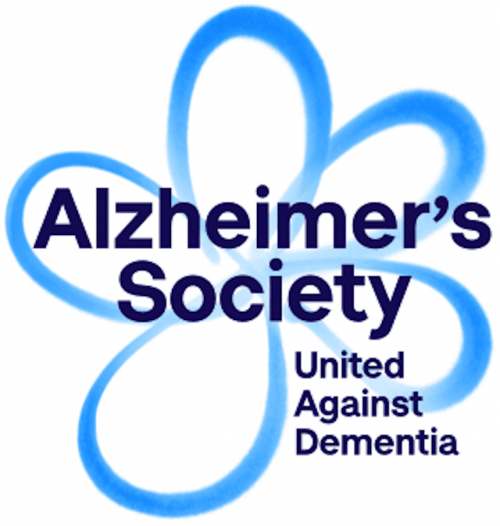Strategies for Effective Community Health Education
Prioritizing health and well-being is more important than ever. However, many individuals may lack access to accurate information and resources needed to make informed decisions about their health. Community health education serves as a powerful tool for empowering individuals to take control of their health and lead healthier lives. We’re going to explore the importance of health education and its transformative impact on personal well-being.
The Importance of Health Education
Promoting Health Literacy: Community health education enhances health literacy by providing individuals with essential knowledge and skills to understand health-related information, navigate healthcare systems, and make informed decisions about their well-being. By promoting health literacy, education empowers individuals to advocate for their health needs and engage actively in preventive care and self-management.
Preventing Disease and Promoting Wellness: Education serves as a preventive measure against diseases and health conditions by raising awareness of risk factors, promoting healthy lifestyle behaviours, and encouraging regular health screenings. Community health education initiatives focus on topics such as nutrition, physical activity, stress management, and disease prevention, empowering individuals to adopt healthier habits and reduce their risk of chronic illnesses.
Fostering Empowerment and Self-efficacy: Education empowers individuals to take an active role in managing their health and well-being. By providing information, resources, and support, community health education instills confidence and self-efficacy in individuals, enabling them to set health goals, make positive behaviour changes, and overcome barriers to healthy living.
Addressing Health Disparities: Community health education plays a crucial role in addressing health disparities and inequities by reaching underserved populations and providing culturally competent information and services. By tailoring educational interventions to meet the needs of diverse communities, education initiatives help bridge gaps in access to healthcare and promote health equity for all.
Strengthening Community Connections: Education fosters social connections and support networks within communities, creating opportunities for individuals to share experiences, resources, and strategies for improving health. Community-based health education initiatives bring people together, promote peer support, and build social capital, fostering a sense of belonging and collective responsibility for health promotion.
Strategies for Effective Community Health Education

Community health education is a powerful catalyst for empowering individuals to take control of their health and well-being. By providing access to accurate information, promoting healthy behaviours, and fostering empowerment within communities, education initiatives contribute to improved health outcomes, reduced healthcare costs, and enhanced quality of life for individuals and populations. As advocates for health equity and social justice, let us continue to invest in community health education efforts that empower individuals, strengthen communities, and create a culture of health and wellness for all.





